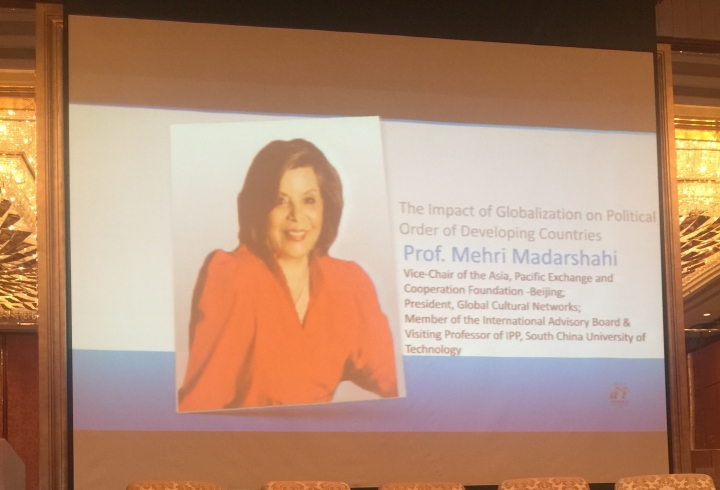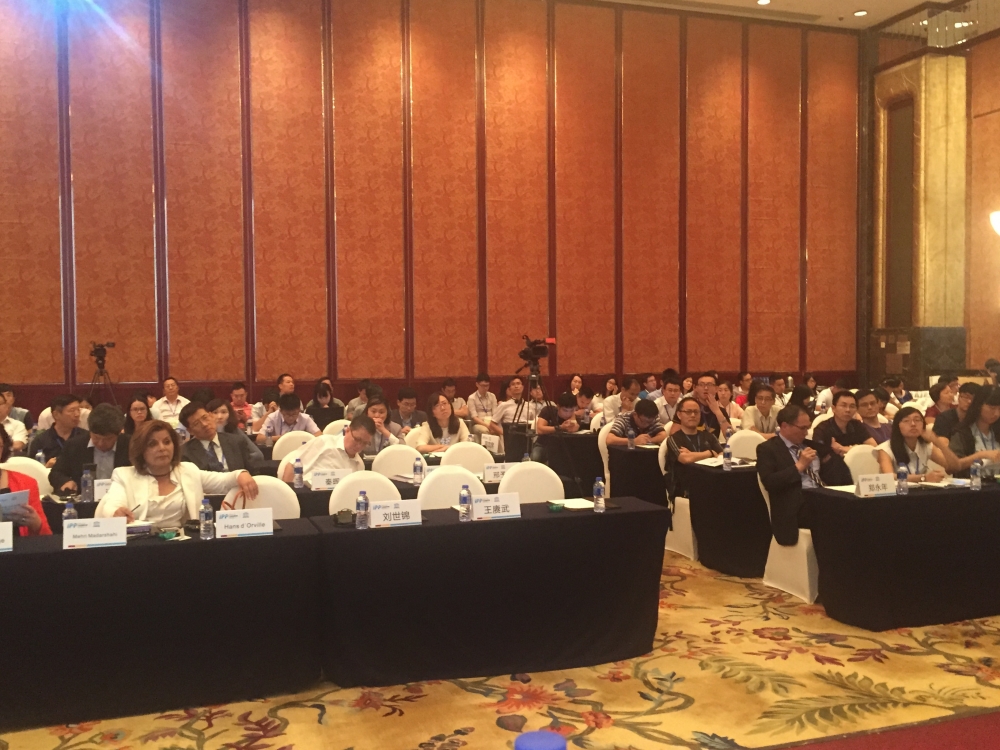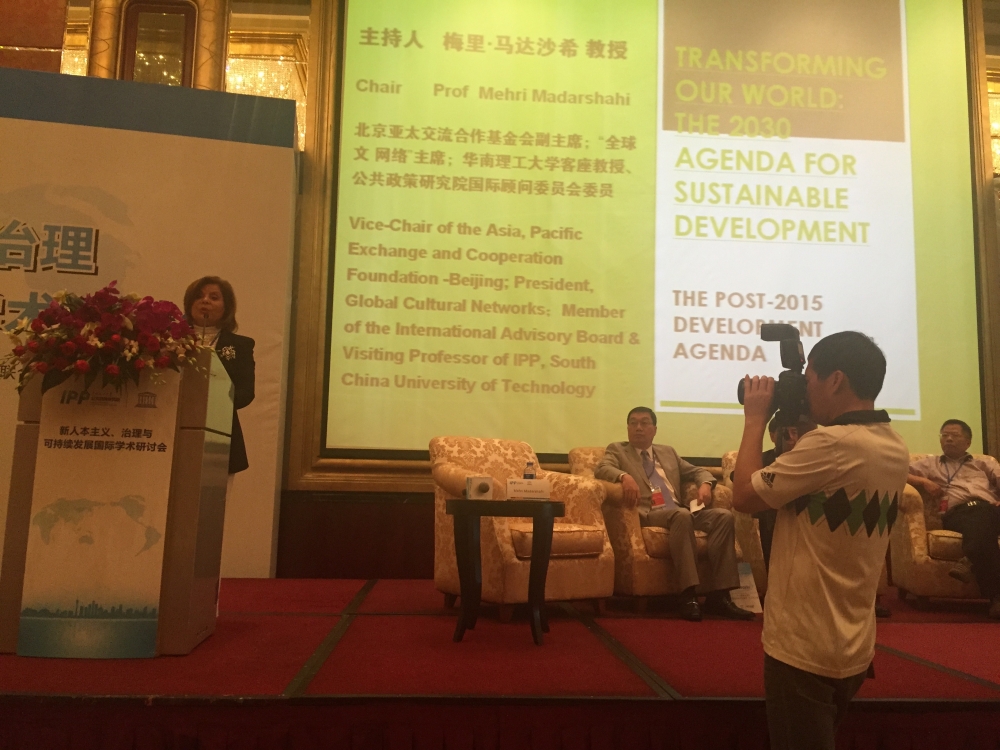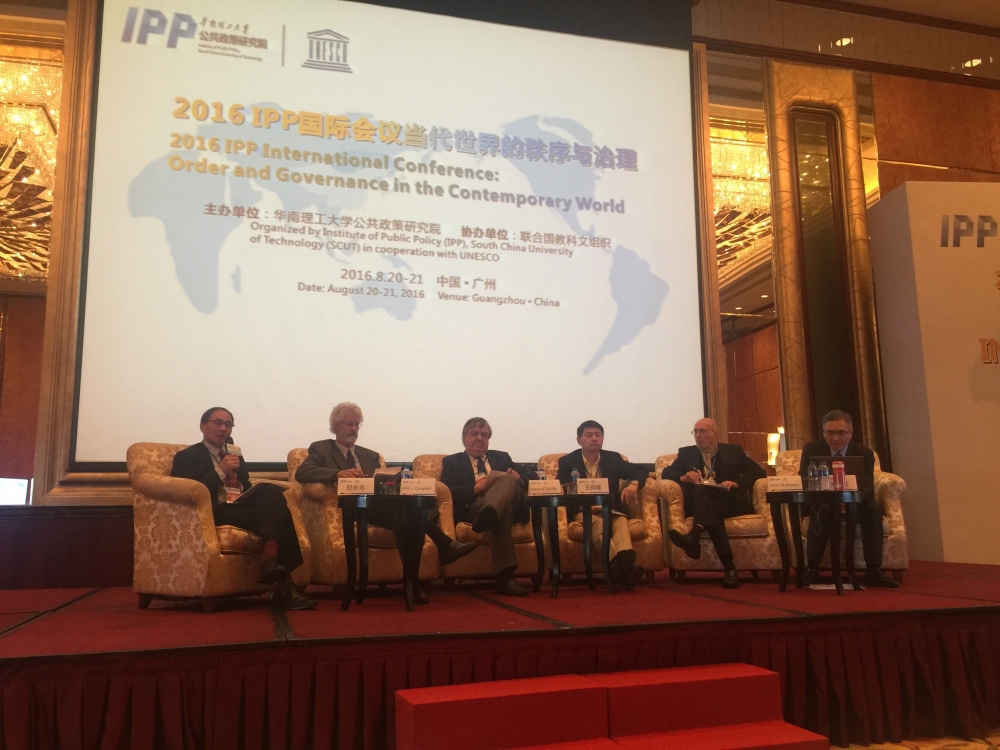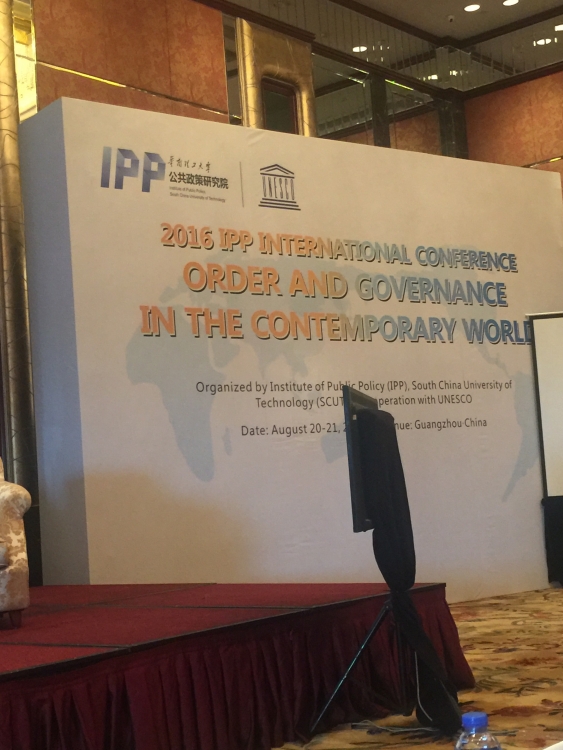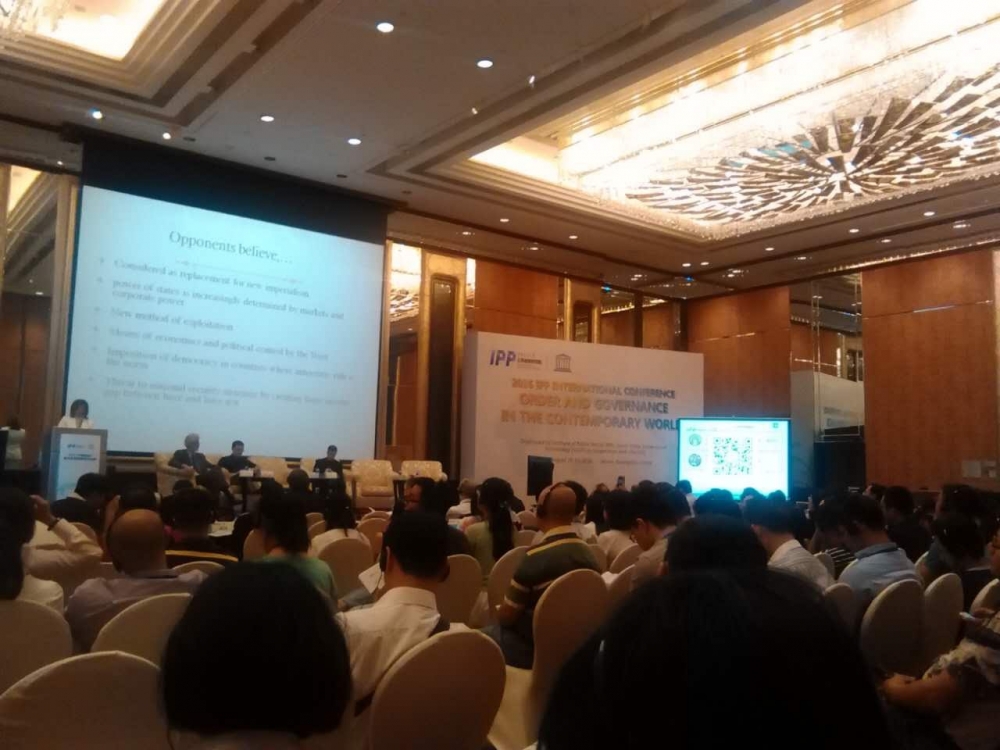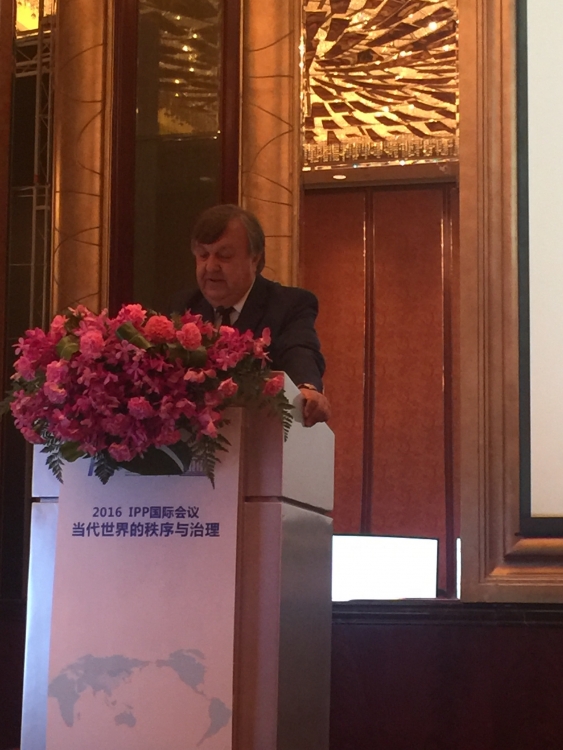The world today is undergoing several dramatic major changes. Its existing political and economic structures have encountered severe challenges in the past decades. Emerging countries, headed by China and India, have registered rapid economic growth since the 1980s. Due to their huge geographical and economic weight, China and India are poised to become the world’s two largest economies in the foreseeable future. The impact of such changes will make the first half of the twenty-first century’s global order and governance highly unpredictable.
At the heart of the old order, Europe and America are under the pressures of political, economic and social transition. Due to the reconfiguration of the global industry chain, most of the manufacturing sectors in the developed world have reallocated to the developing world and rattling middle-class-led politics and social order. Democracy has added problems to these developments rather than providing solutions. The huge social and political transitions in Eastern Europe, the Middle East and North Africa, which are all neighbouring regions of the core area of the old order, have rendered the old order more vulnerable; this is the case particularly in the Middle East where states often fail in their governance and generating a spill-over effect on other regions.

